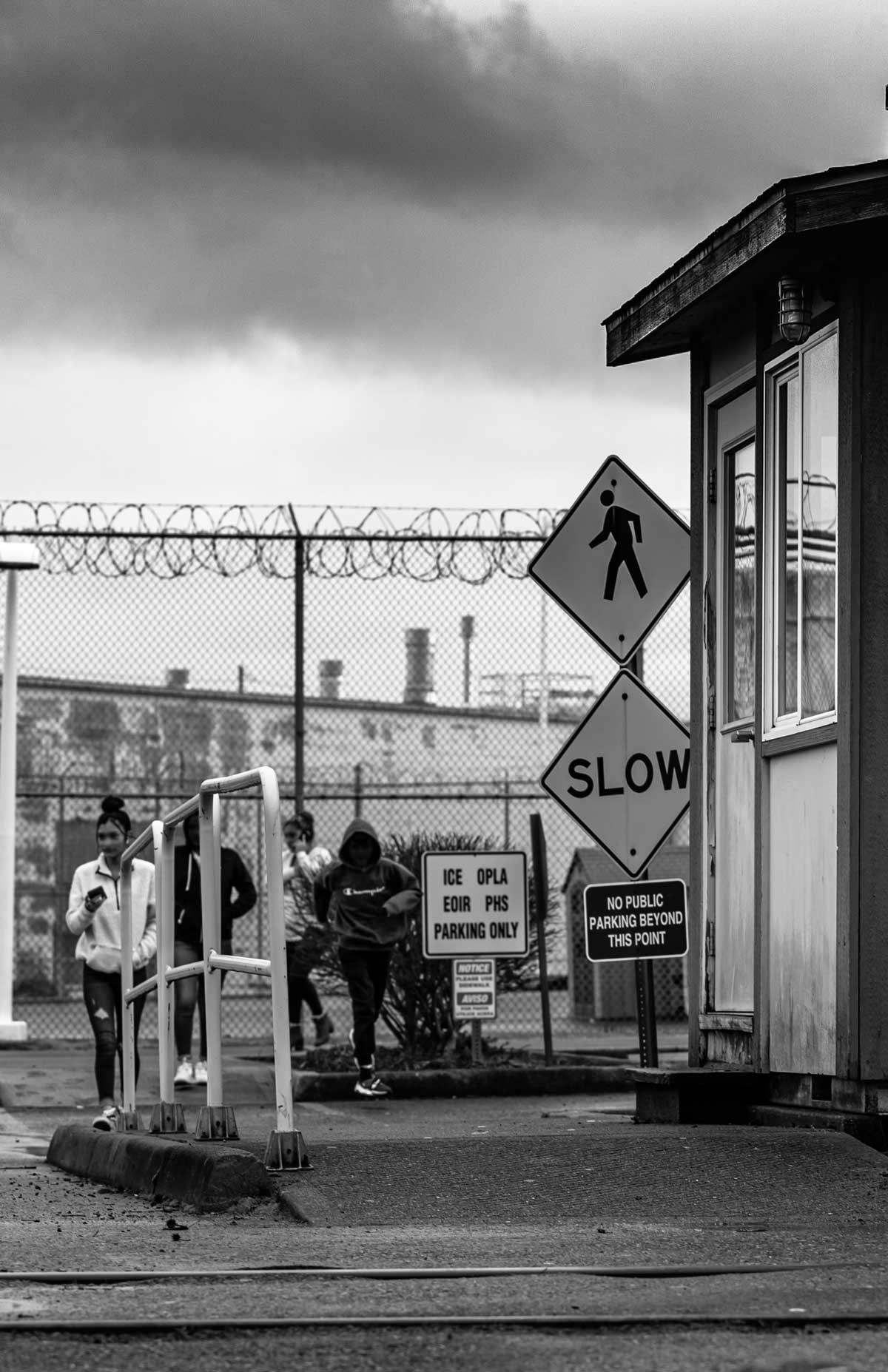The Human Becoming: A Lenten Devotionalનમૂનો


Maundy Thursday | Feet | Rev. Ken Sikes
In Matthew, Mark, and Luke, “Jesus took a loaf of bread, and after blessing it, he broke it and gave it to his disciples saying, ‘Take, eat, this is my body.’” John, though, took a slightly different tack. During the same Passover meal, John tells us that Jesus, “got up from the table, took off his outer robe, and tied a towel around himself. Then he poured water into a basin and began to wash the disciples’ feet and to wipe them with the towel that was tied around him.”
After Jesus finished drying the last big toe, he re-robes, takes his place back at the table, and tells these freshly pedicured disciples, “So, if I your Lord, have washed your feet, you also ought to wash one another’s feet.” Just a few verses later he will expand this direction into a commandment saying, “I give you a new commandment, love one another as I have loved you.” It is from these words that we get the name for this Thursday of Holy Week. Maundy comes from the Latin mandatum meaning “mandate or command.”
A new command? Come on Jesus, aren’t 613 enough? Do we need more laws? Do we need another line on our “to do” list? I am already so far behind that I feel like giving up.
“Don’t be afraid,” I can easily hear Jesus say. (It’s one of his favorite phrases.) “This isn’t addition, it’s simplification. This command has been here all along. You just tend to forget about it. Sort of like feet.” Oh yes, our feet.
Feet are forgotten, taken for granted, treated as gross and even disgusting. They stink, gather gunk, jam and things called corns and bunions which sound like something that comes out of an oven. And yet, Jesus chooses these 52 bones (one-quarter of the bones in our body) to focus upon at his last meal. Why?
“The true measure of any society,” according to Gandhi, “can be found in how it treats its most vulnerable members.” Put another way, you will know the health of a body by how they care for their feet.
I have a friend who claims she can tell the health of a congregation by one look at the number of youth in the worship service. Kids are distracting, demanding, and expensive to a congregation. In the short term, kids are a financial loss. Wise congregations realize that the squirrely interrupters of today are the faithful leaders of tomorrow. Care for your feet now, and it’ll pay off in the long term.
I tend to agree with my friend, but I’d take it a step further. You’ll know the health of a congregation by how it treats its folks with disabilities, particularly intellectual disabilities. Unlike youth, folks with intellectual disabilities are unlikely to ever head up the building committee or tithe enough to pay the pastor’s salary. And yet, wise congregations realize something more powerful than bucks, butts, and buildings matter in God’s economy. It matters how we care for our feet, our health depends upon it. If this is true of churches, perhaps it is worth considering in other bodies.
How do we treat our most vulnerable members, the feet of our cities? Do we turn away from the calluses or marvel at the paths trod to create them? Are we willing to hold all feet as beautiful contradictions of humanity?
How do we treat our most vulnerable members, the feet of ourselves? What is that part of you that you hide in shame? You know those things you keep covered because they’re stuck between your toes. Are you willing to free the toes? Are we willing to place them in Jesus’ kneeling hands?
A new command, care for the feet and we’ll be amazed to discover where they will take us.
Reflection
Is there a word or phrase that stands out to you? What is it calling forth?
Discussion
What is your relationship with your own feet? Whose feet do you love, and whose do you shy away from? Who are the vulnerable folks or parts of yourself you feel particularly called to love in this season?
Public Action
Go for a walk—barefoot if you dare. Or, if the rain is too much for you, take off your shoes in your house. Feel your feet on the ground. Know that not only the ground you stand on is holy, but your feet are as well. Venture outside; imagine, as you walk, washing each foot you encounter.
શાસ્ત્ર
About this Plan

The Lenten journey is a counterintuitive journey to life by way of the cross. Each year at this time we are invited to turn and face those things from which we would rather run and hide. We walk to the cross where we experience the great unveiling and see things as they really are. We see God for who God is, and we discover ourselves for who we are.
More









